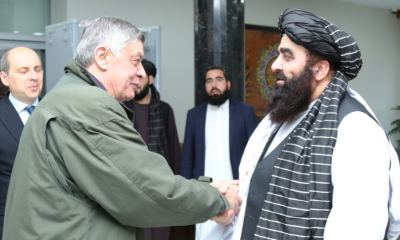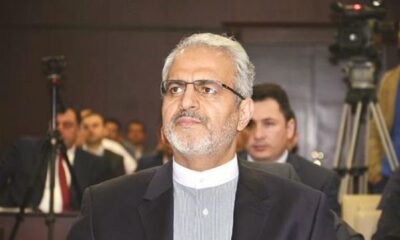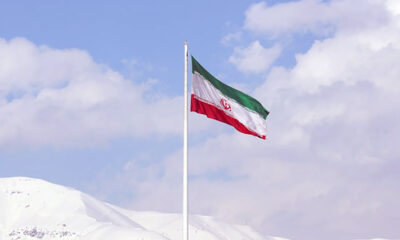Latest News
New US intelligence suggests al-Qaeda’s revival in Afghanistan ‘unlikely’
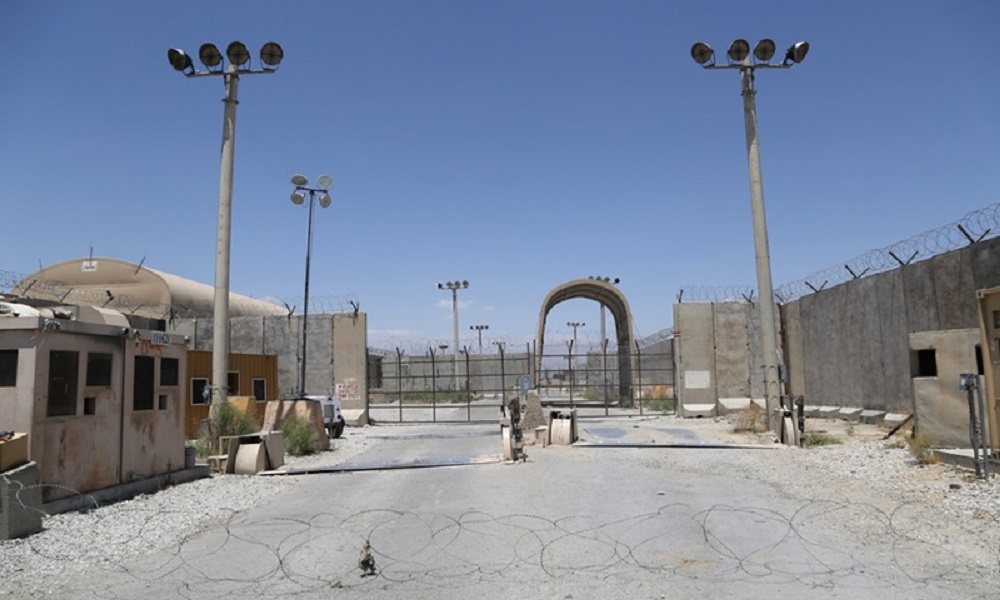
New US intelligence assessments suggest that it is “unlikely” al-Qaeda will revive in Afghanistan and Pakistan and that counterterrorism operations by the Islamic Emirate of Afghanistan have degraded Daesh’s presence in the country, two senior US officials said on Friday, CNN reported.
The assessments described by the officials in a briefing to reporters paints an optimistic picture of the overall terrorist presence in Afghanistan, suggesting it has been waning despite the US military’s withdrawal from the country in 2021, the report said.
Since the chaotic withdrawal from Afghanistan – and as the US has shifted intelligence resources away from counterterrorism priorities to focus on China and Russia – the Biden administration has been at pains to emphasize that it retains “over the horizon” capabilities to track terrorism threats emanating from South Asia.
Still, some US officials have privately raised concerns that as the US has transitioned intelligence assets away from the Middle East and South Asia, the Biden administration may struggle to track the threat posed by ISIS, which continues to operate in ungovernable areas in Syria and elsewhere.
ISIS-Khorasan, the Afghanistan affiliate of ISIS, also known as Daesh, has continued to attack high-profile targets inside Afghanistan. ISIS-K attacks have killed and wounded dozens of civilians since the IEA took over in 2021, part of an attempt to undermine the IEA’s rule and erode public confidence in its assurances of security, the report said.
“ISIS-K is a threat that we are certainly concerned about, from an external operations perspective,” one of the officials said. “But it’s a fundamentally different kind of threat than what we saw from al-Qaeda on 9/11.”
The officials added that intelligence shows ISIS-K has been under increasing pressure from the IEA and many of its key leaders have fled the country in recent months.
“ISIS Khorasan members involved in media, facilitation and recruitment in support of external operations are increasingly moving to neighboring countries to evade the Taliban (IEA) [counterterrorism] campaign,” the official said.
The officials said that the threat from al-Qaeda, meanwhile, is at its lowest point in decades.
“Al-Qaeda is at its historical nadir in Afghanistan and Pakistan, and its revival is unlikely,” one of the senior officials told reporters in a briefing, adding that the group’s “ability to threaten the United States from Afghanistan or Pakistan is probably at its lowest point” in decades.
That is at least partly because al-Qaeda has lost one of its primary targets: US troops, the official said. The US withdrew its forces from Afghanistan in August 2021, leaving al-Qaeda without a “proving ground” to train fighters and operatives.
After a US drone strike killed al-Qaeda leader Ayman al-Zawahiri in August 2022, the group was left without “leadership talent” and “strategic guidance,” the official added. The IEA claimed at the time that they did not know Zawahiri was residing in the Afghan capital of Kabul when the US targeted him.
Notably, the US assessments downplaying a terrorist resurgence appear to contrast with a report released in June by the United Nations’ Sanctions Monitoring Team, which assessed that al-Qaeda “is in a reorganization phase,” and had been establishing new training facilities in Afghanistan’s Kunar and Nuristan provinces.
The report also said that ISIS-K “continues to pose a significant threat within Afghanistan, and Member States are concerned about its potential to develop external operations capability and to project a threat into the region and beyond.”
Asked about the contrast between the US and UN assessments, one of the senior US officials said the UN report was “wildly out of whack” with intelligence collected by the US and its partners.
“We have tried to engage with those who produced the report to understand where it comes from better and ideally, educate them back,” the official said. “The bottom line is, that report is an outlier within the UN system.”
Latest News
A high-level Russian delegation will soon visit Kabul: envoy
Kabulov and Muttaqi discussed bilateral relations between Afghanistan and Russia, especially economic cooperation, investment and transit

Russia’s Special Representative for Afghanistan Zamir Kabulov said in a meeting with Acting Foreign Minister Amir Khan Muttaqi in Kabul that a high-level Russian delegation will visit Kabul in the near future to discuss the expansion of bilateral cooperation with the Islamic Emirate.
Kabulov and Muttaqi discussed bilateral relations between Afghanistan and Russia, especially economic cooperation, investment and transit, the Foreign Ministry said in a statement.
Muttaqi described the relations between the Islamic Emirate and Russia as important, stressing that the ties should be expanded to include economic and trade cooperation.
He said visits to Kabul by high-level officials was important, adding that during the past year, many officials of the Islamic Emirate have been invited to Russia to attend international meetings.
Meanwhile, the Russian diplomat said that his country wants to expand its relations with Afghanistan in the economic and trade sectors.
This comes on the heels of Russian Deputy Foreign Minister Andrey Rudenko’s comments that the completion of legal procedures to remove the Islamic Emirate from Moscow’s terrorist list will provide positive impetus to Russian-Afghan relations.
In an interview with Russia’s TASS news agency, published early Sunday, Rudenko said “removing the terrorist organization’s status from the Taliban Movement (Islamic Emirate) will attribute a positive impetus to Russian-Afghan interaction in various spheres, in the economy in the first instance."
"As regards the issue of the official recognition of current Afghan authorities, it is early to talk about it thus far. Let’s act gradually, step by step, but we do not intend to artificially impede the processes," Rudenko noted.
Russia has been slowly building ties with the Islamic Emirate since it regained power in Afghanistan in August 2021 but the IEA is still officially outlawed in Russia.
In response to Russia’s comments last month, the IEA’s acting foreign minister Amir Khan Muttaqi said the Islamic Emirate “appreciates the positive remarks by the high-ranking officials of the Russian Federation in this regard and hope to see more effective steps soon."
Latest News
Iran appoints new ambassador to Afghanistan
Ali Reza Begdeli, Iran’s former deputy foreign minister for consular affairs, has been appointed as the country’s new ambassador to Kabul
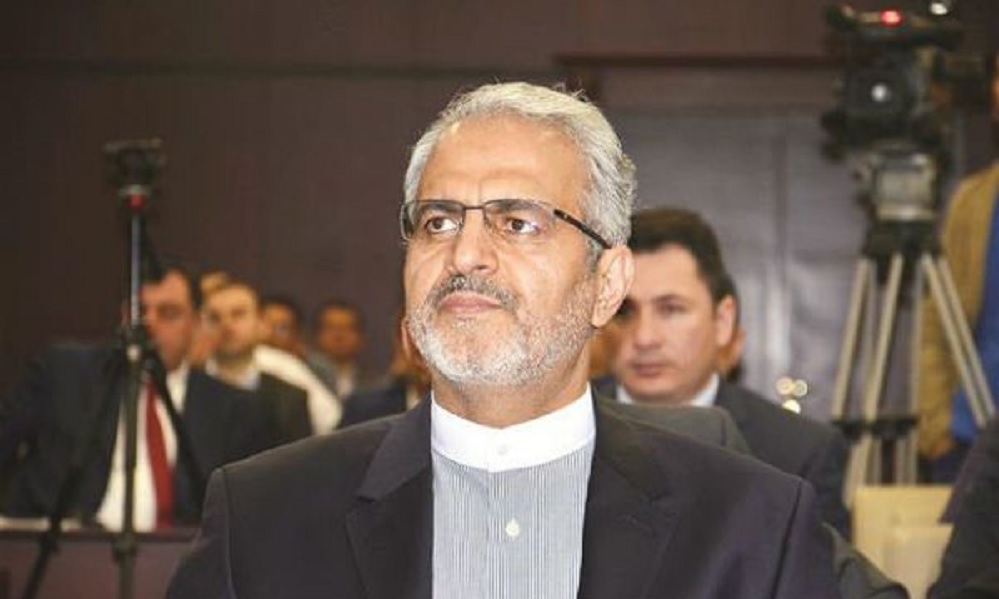
Ali Reza Begdeli, Iran's former deputy foreign minister for consular affairs, has been appointed as the country's new ambassador to Kabul, Mehr news agency reported on Sunday.
The outlet added that the post of the Iranian presidential special representative in Afghanistan has been removed and, as before, the special representative for Afghanistan will act directly under the supervision of the foreign minister.
It is worth mentioning that Hassan Kazemi Qomi previously served as Iran's ambassador and presidential special representative in Afghanistan.
Latest News
Iran to Host ECO Ministerial Meeting next week
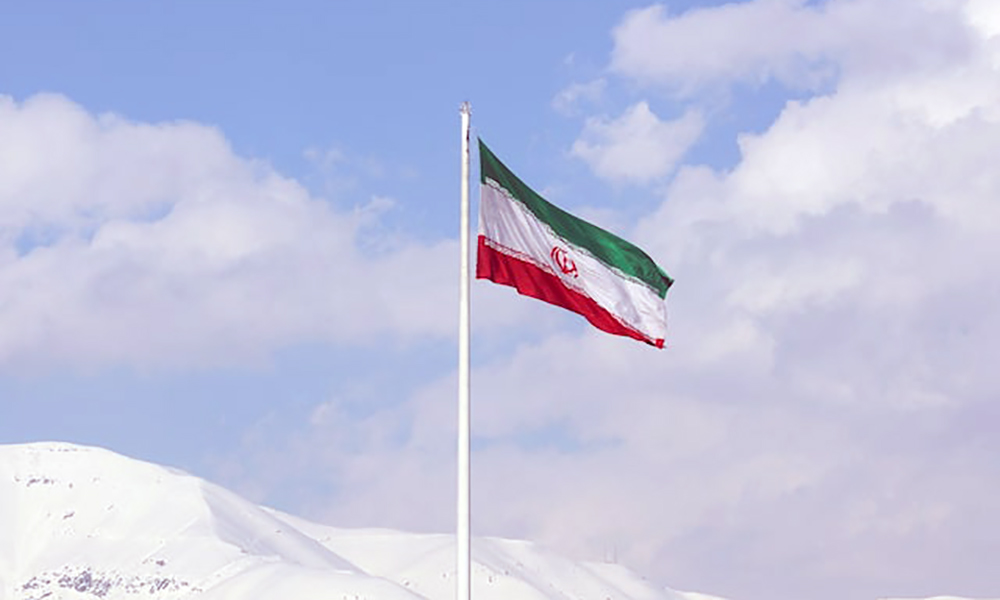
The 28th meeting of the foreign ministers of the Economic Cooperation Organization (ECO) member states will be held in Iran’s northeastern city of Mashhad next week.
Spokesperson for the Iranian Foreign Ministry Esmaeil Baqaei said on Sunday that the upcoming meeting will be attended by the ministers and senior officials of ECO, directors of the regional specialized departments of the organization, and the secretaries general of a number of multilateral economic organizations.
The meeting will be chaired by Iranian Foreign Minister Abbas Araqchi, Iranian local media reported.
Iran is holding the rotating presidency of ECO in 2024.
The Tehran-headquartered ECO was established by Iran, Pakistan, and Turkey in 1985.
The main purpose of the organization is to promote economic, technical, and cultural cooperation among the member states.
In 1992, the organization was expanded to include seven new members, namely Afghanistan, Republic of Azerbaijan, Kazakhstan, Kyrgyzstan, Tajikistan, Turkmenistan and Uzbekistan.
-

 Latest News5 days ago
Latest News5 days agoEU marks International Children’s Day, says it supports Afghan children
-

 Latest News3 days ago
Latest News3 days agoU.S. House approves bill on evacuation of Afghan allies
-

 Sport3 days ago
Sport3 days agoAriana News to broadcast IPL auction live and exclusively in Afghanistan
-
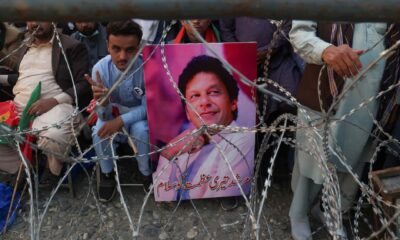
 Regional4 days ago
Regional4 days agoPakistan’s ex-PM Imran Khan gets bail in state gifts case, his party says
-

 World4 days ago
World4 days agoUS vetoes UN Security Council resolution on Gaza ceasefire
-

 Latest News4 days ago
Latest News4 days agoUN moves to unlock stuck climate financing for Afghanistan
-

 Sport4 days ago
Sport4 days agoPakistan trumps Afghanistan by only 13 runs in U19 Tri-Series One Day match
-
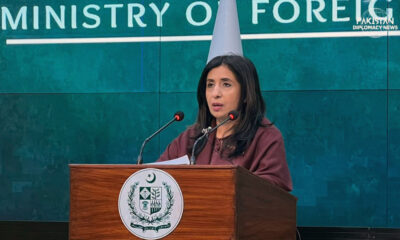
 Latest News3 days ago
Latest News3 days agoPakistan rejects suggestion of appointing a new special envoy for Afghanistan


